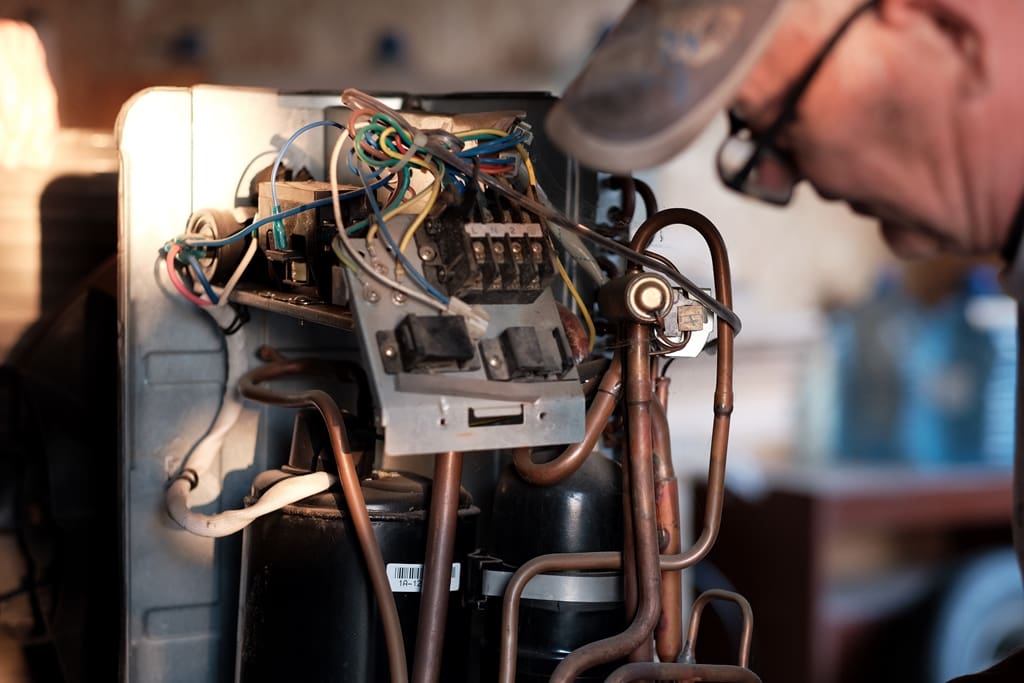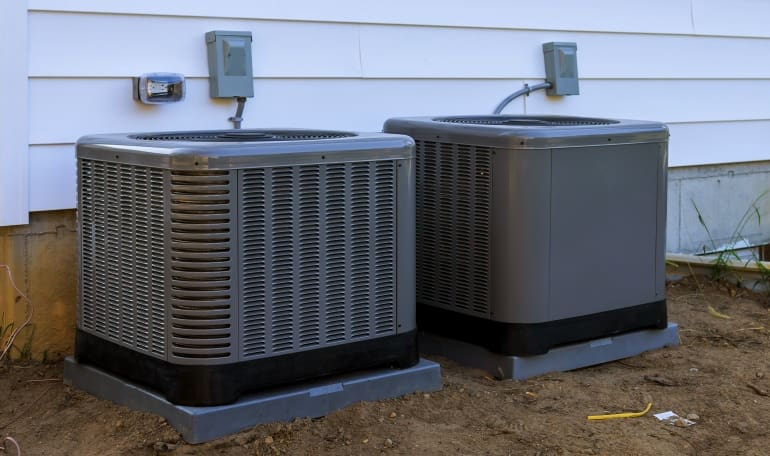Is your HVAC system struggling to maintain a comfortable temperature? Are your energy bills skyrocketing? These could be signs that your system needs replacing. Don’t ignore these warning signals; they could indicate inefficiency or impending breakdowns. Read on to learn the warning signs that it may be time to replace your HVAC system.
Signs Your HVAC System Needs Replacement

Your HVAC system plays a crucial role in keeping your home comfortable year-round. However, like any mechanical system, it has a lifespan. Here are some signs that it might be time to consider replacing your HVAC system:
- Age: If your HVAC system is more than 10-15 years old, it may be nearing the end of its lifespan. Newer models are often more energy-efficient and reliable.
- Frequent Repairs: Have you noticed that you’re constantly calling for HVAC repairs? As systems age, they tend to require more frequent and costly repairs, which can add up over time.
- Increased Energy Bills: If your energy bills have been steadily rising despite no significant changes in usage, your HVAC system could be working harder than it should due to inefficiencies.
- Uneven Heating or Cooling: Are some rooms in your home consistently warmer or cooler than others? This could indicate that your HVAC system is struggling to distribute air evenly.
- Strange Noises or Odors: Unusual sounds, odors, or leaks from your HVAC system should never be ignored. These could signal serious issues that warrant immediate attention.
Choosing the Right HVAC System

When it’s time for a replacement, selecting the right HVAC system is crucial. Consider factors like energy efficiency, size, and compatibility with your home’s layout. Consult with HVAC professionals to determine the best fit for your needs and budget. While these systems have a substantial upfront cost, more efficient systems will lead to long-term savings.
Tips for Optimal HVAC Performance
Once you’ve installed a new HVAC system, ensure optimal performance and longevity with regular maintenance. Change filters regularly, schedule professional inspections, and address any issues promptly. These steps can extend the life of your system and keep your home comfortable.
In summary, recognizing the signs of an aging HVAC system, choosing the right replacement, and maintaining it properly are key to ensuring your home stays comfortable and energy-efficient. Don’t wait until your system breaks down completely; act proactively to enjoy uninterrupted comfort.
#HVACReplacement #EnergyEfficiency #HomeComfort
